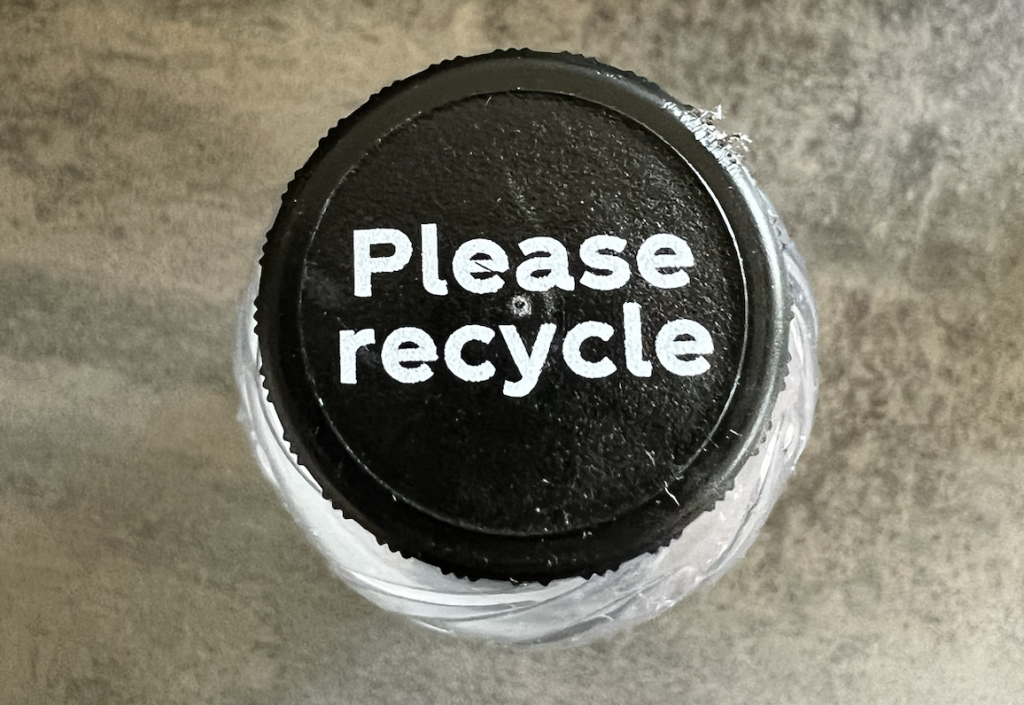What do these two things have in common?


In both cases it is implied that an unpleasant task falls on the shoulders of the individual in order to allow space for corporations to maximally thrive. Effectively asking people to take responsibility where its not in their interest to.
‘Privatise the profits, nationalise the debt’
In January Hao told me ‘on the country level there’s not such thing as values: only interests to be served.’
After growing up with the idea that that ‘the west’ represented ‘western values of democracy, liberty, freedom’ I didn’t really like the idea that those values were just excuses for selfishness, but I thought I’d follow the line of thinking to see where it goes;
In the end I realised that its true and not true; for in a well functioning society values only become valuable because they serve the interests of the whole, the individual and the society.
So yes, maybe there are only interests to be served, but values tell us what those interests actually are, and act as tools to find our way towards them.
Is it in a country’s interests to become powerful no matter how much misery it causes internally? If not, how much misery is acceptable? How many eggs can we break to get this omelette?
The fact the question has no obvious answer proves that interests depend on values.
There are mechanisms which only work on the human level and don’t scale. For example: if Dave the butcher in your local village is regularly seen actively destroying perfectly fresh food in order to manipulate tomorrow’s meat prices in his favour he will rightly become the recipient of scorn. It’s therefore in Dave’s interests to either destroy this food secretly, and keep the secret. Or to act in a more admirable fashion.
Corporations have no obligation to act admirably unless not doing so would threaten future profits. This means its the consumer’s threat of going elsewhere which is undergirding the ethical behaviour of companies.
We are therefore time and time again delegating the responsibility of ethics to the individual or the consumer. The consumer who almost always has a limited budget, limited free time and a wafer thin capacity to appreciate all the actions that are taken apparently on his behalf every day by every corporation with which he transacts.
This, for me, isn’t good enough. Just like capitalism works most persuasively with ‘perfect competition’, the above mechanism would work fine with unlimited knowledge and the consumer’s unlimited capacity to digest and act on that knowledge.
Another word used to describe giving people what they want is ‘demand’. Demand is a deliberately uncompromising word which conjures up an image of a person standing on a stage shouting out aggressive orders to the market, who hurriedly present options which meet his every specification.
In reality what ‘consumer demand’ actually looks like is a busy single mother who has 2 seconds to choose between 3 brands of cola. A lady who’s preference for cola at all is only 3% higher than her preference for lemonade at this moment. That 3% advantage put there by a lifetime of exposure to associations between cola and fun, sex and youth. A lady who if she thought about it for another 2 seconds may decide that she might just go without it today.
I don’t believe she has time to consider Coca Cola’s environmental impacts and more importantly I absolutely wouldn’t expect her to give a shit.
Corporations when they are ‘incorporated’ get rights and protections as if they are individuals but at the same time they enjoy the luxury of avoiding human responsibilities.
I don’t expect corporations to start acting ethically because they’re essentially barred from doing so by capitalist logic. I think what we should be doing is delegating this responsibility back to the government who can regulate and actually make a difference.
Leave a Reply